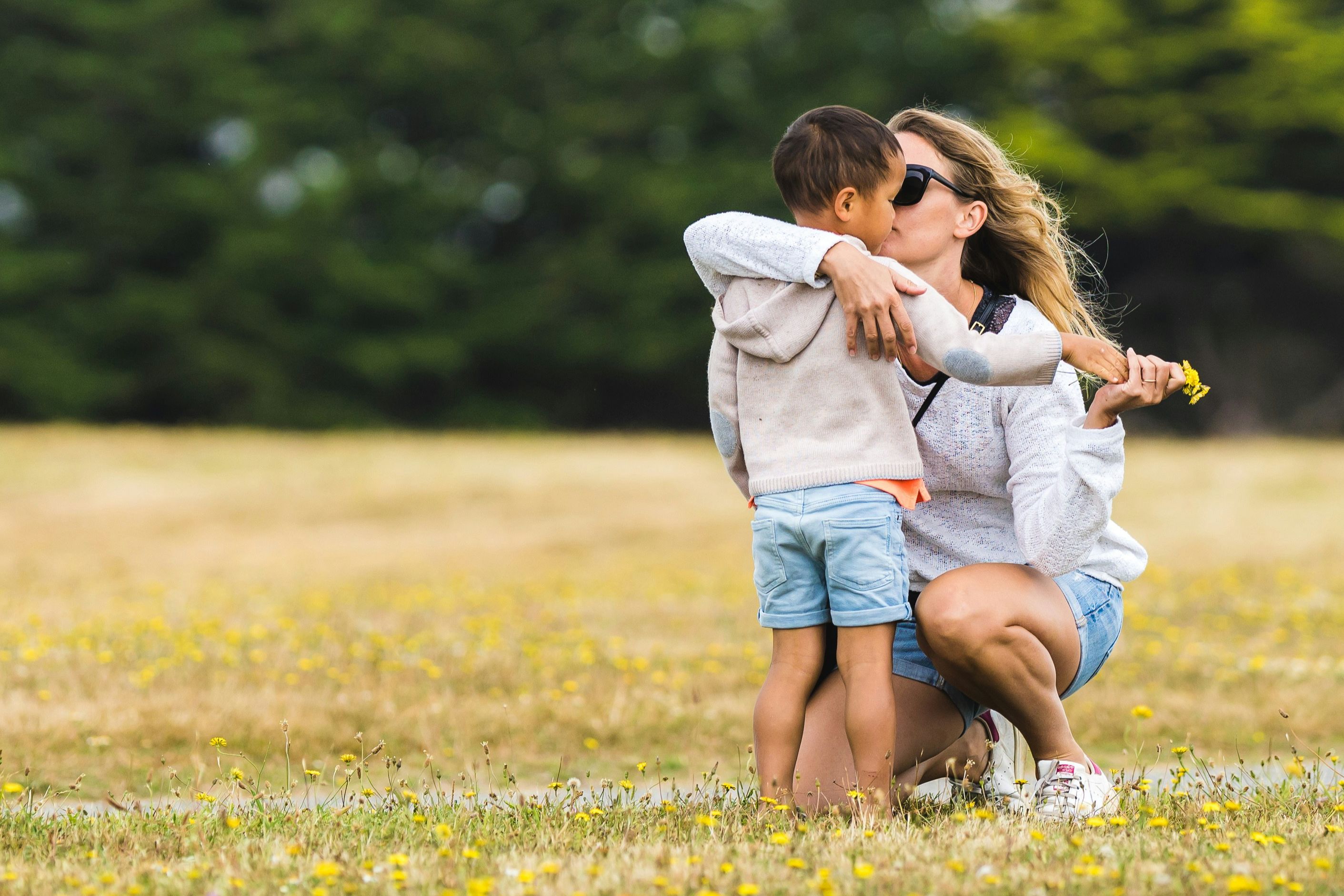Building Emotional Resilience: Why a Calm and Secure Environment Matters

Building Emotional Resilience:
Why a Calm and Secure Environment Matters
In my work with parents, I often emphasize how critical it is for young children to feel seen, heard, and understood, especially in the first 7 years when they are forming core beliefs about themselves and the world. A child who grows up in a calm, secure, and emotionally responsive environment is more likely to develop the confidence and resilience needed to handle life’s challenges.
This article that I wrote for the families at my new Montessori program, Heart Centered Montessori, it explores how a nurturing, emotionally attuned environment helps children develop emotional regulation and resilience, and why these principles matter not only in childcare settings, but also at home. I thought I would share this with you since when we meet children’s emotional needs with patience, empathy, and consistency, we give them the tools they need for a lifetime of success.
The earliest years of a child’s life are filled with profound growth, emotionally, socially, and cognitively. During this time, children are not just learning about the world around them, they are developing their core beliefs, emotional responses, and the ability to navigate life’s challenges. Being in a calm, secure, and nurturing environment during these formative years can have a lasting impact on a child’s emotional well-being and future success.
The Importance of Feeling Seen and Heard
Children thrive when they feel seen, heard, and understood. When caregivers acknowledge and validate a child’s feelings, even when those emotions are big or difficult, children develop a deep sense of trust and emotional security. Whether a child is expressing excitement, anger, frustration, or sadness, responding with empathy helps them feel safe and valued. When children grow up feeling emotionally secure, they develop strong foundations of self-regulation and emotional intelligence. These are the skills that allow them to handle challenges, manage stress, and build healthy relationships later in life.
Co-Regulation: Teaching Emotional Resilience
Infants and young children are not born knowing how to regulate their emotions. Instead, they learn this critical skill through a process called co-regulation, where they mirror the emotional state of the adults around them. When caregivers remain calm and responsive, they model emotional regulation for the child, helping them internalize these behaviors over time. In our Montessori environment, caregivers practice deep patience and awareness, observing each child’s cues and responding thoughtfully. For example, before changing a diaper, we gently say, “It’s time for a fresh diaper. Let me know when you’re ready.” We wait for eye contact, arms reaching up, or a crawling infant signaling readiness. These intentional interactions build trust and teach children that their voices and choices matter.
A Prepared Environment that Nurtures Emotional Growth
Montessori environments are carefully designed to be calm, orderly, and predictable, elements that help children feel safe and grounded. Our caregivers sit on the floor alongside the children, providing freedom of movement that supports the natural progression of motor skills, from rolling and crawling to walking. A child who is free to explore and develop at their own pace gains confidence and a sense of autonomy. In this space, children are not only encouraged to discover the world around them but also to explore their emotions in a supportive and non-judgmental environment.
Long-Term Benefits: Emotional Security and Fewer Challenges in Adulthood
When children experience consistent emotional support in their early years, they build a strong foundation of resilience. As they grow, these children are better equipped to handle challenges, form healthy relationships, and manage stress effectively. Studies show that emotionally secure children are less likely to struggle with anxiety, behavioral issues, and relationship difficulties later in life. By prioritizing emotional security during these critical years, we help children develop a sense of inner calm and confidence that will serve them well into adulthood.
Creating a Strong Foundation for Life
At Heart Centered Montessori, we recognize that these early years are the most important developmental stage of a human’s life. Children are learning about the world around them and developing their core beliefs and values. We take this stage to heart. Our caregivers are exceptionally trained to create a safe, loving, and stimulating environment where children feel emotionally secure and free to grow. Through respectful communication, freedom of movement, and thoughtful observation, we guide each child toward independence, emotional well-being, and a strong foundation for lifelong success.



